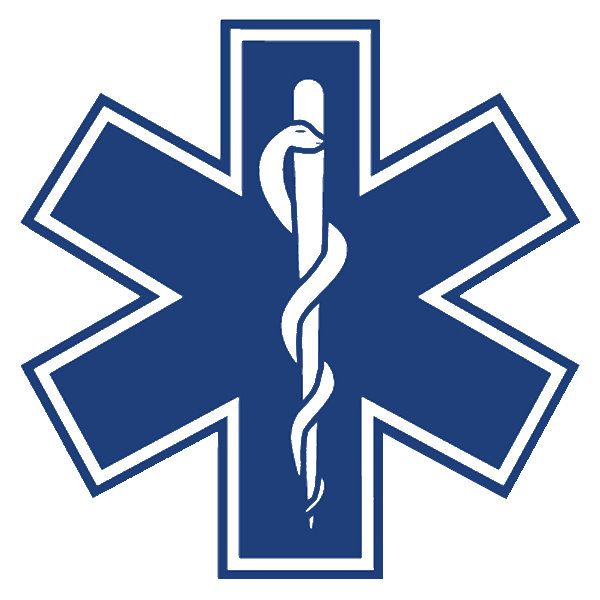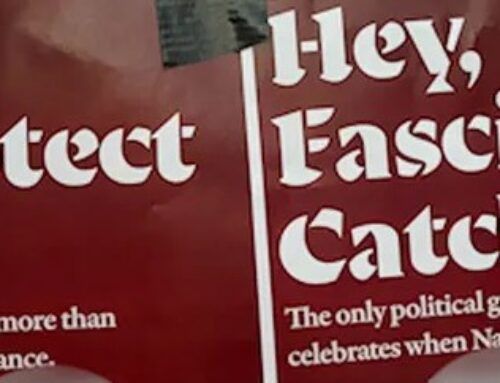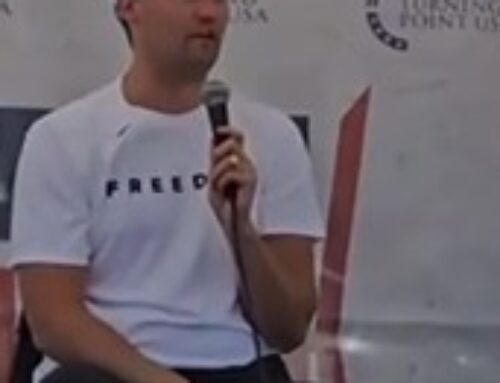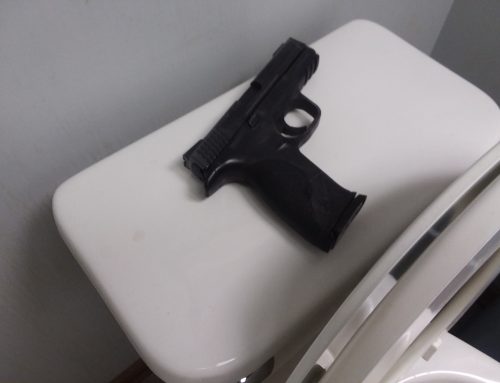“No good deed goes unpunished” – Walter Map
Last week, Congressman Ronnie Jackson was arrested while rendering aid to a teenage girl experiencing a medical emergency.
Both were in attendance at the White Deer Rodeo outside of Amarillo, Texas, when the girl, according to her cousin, began to have a hypoglycemic seizure. Her aunt, a nurse, began to administer aid, but yelled out for further assistance. That’s when Dr. Jackson jumped in to help.
As some may recall, Ronnie Jackson was White House Physician to three presidents. He’s an ER doctor and surgeon, as well as a retired Navy Admiral. He was elected to congress as a representative to Texas’ 13th district, and is now serving his 2nd term. At that moment there was no one else on scene with more training and knowledge than he – EMS was in transit, and no one else had yet answered the cry for help.
In the interim, it appears that local Sheriff’s deputies were on duty at the rodeo and responded to the commotion in the crowd. One witness stated that upon arrival, the officers confronted Jackson and then physically restrained him while he attempted to explain the situation.
He was released from handcuffs a few minutes later.
It has yet to be explained why the officers took that course of action.
In medical first responder training it’s understood that whomever is first to start treating a patient, regardless of training, is only to be relieved under two circumstances: a) they hand it off to someone, voluntarily, b) they are engaged in action that is obviously about to cause more harm, such as attempting a tracheotomy with a shovel.
So, if a paramedic shows up while you’re engaged in chest compressions, it’s up to you to say when the switch off happens, if at all. What no one can do is force you to stop treatment. They can introduce themselves and offer help, they can make suggestions, they can treat in another way that doesn’t interfere – but they can’t physically force the first responder out, as there may be other circumstances at play that those arriving after the fact may not understand (for a variety of reasons.)
Now, most of us are smart enough to understand our limitations and step aside for the professionals, thus, confrontation in such events are rare. However, humans have free will, which means anything can happen.
In this case, the deputies (from all appearances) did a poor job of assessing the situation and then overreacted, potentially putting the patient in unnecessary jeopardy, as well as opening themselves up for a false arrest lawsuit. Perhaps there’s more to the story, and perhaps we’ll learn those details later.
Regardless, there is a lesson:
There are consequences for everything we do, including doing nothing!
In our medical, as well as firearms courses, we caution students about involving themselves in other people’s problems. Just because we think we know what is occurring does not make it so.
What we see as a woman being battered in a parking lot by an abuser is just another drunken Saturday for the two of them. And when we attempt to break it up, we should not be surprised when both parties turn on us – violently!
The great Massad Ayoob gives us this advice: Get involved only when what you observe shocks your conscious! You get involved when you know not doing so will leave you unable to sleep at night.
In my opinion, almost all medical emergencies fall under that umbrella. Turning our backs on anyone suffering from a health emergency is something that should haunt good people. Deciding not to confront shoplifters (as a 3rd party) should leave us resting easy.
Scenarios can be debated, but, when we find ourselves present during an emergency – medical, or otherwise – we’ll have to make a choice…and suffer the consequences.
Once the smoke clears, expect everyone to point out how you could have done better and how they would have done it differently – they’ll also be correct (probably) in their assessments, as perfection is generally unachievable with all human endeavors.
There won’t be any medal pinning ceremonies, and don’t be surprised when no one even says thank you. In fact, we will probably be sued by those we assist (as well as bystanders) who are talked into litigation by slimy, ambulance chasing lawyers with dollar signs for pupils .
The time to consider such things is now. Weigh the risk, draw your lines, and go forth boldly.
In Dr. Jackson’s case, he was rewarded with handcuffs and his face in the pavement. However, I wager if we were to ask him if he’d jump in to help a stranger again, he’d reply with an emphatic YES!
“They say, ‘don’t be a hero’. Screw that! Be a hero!” – Farnam





